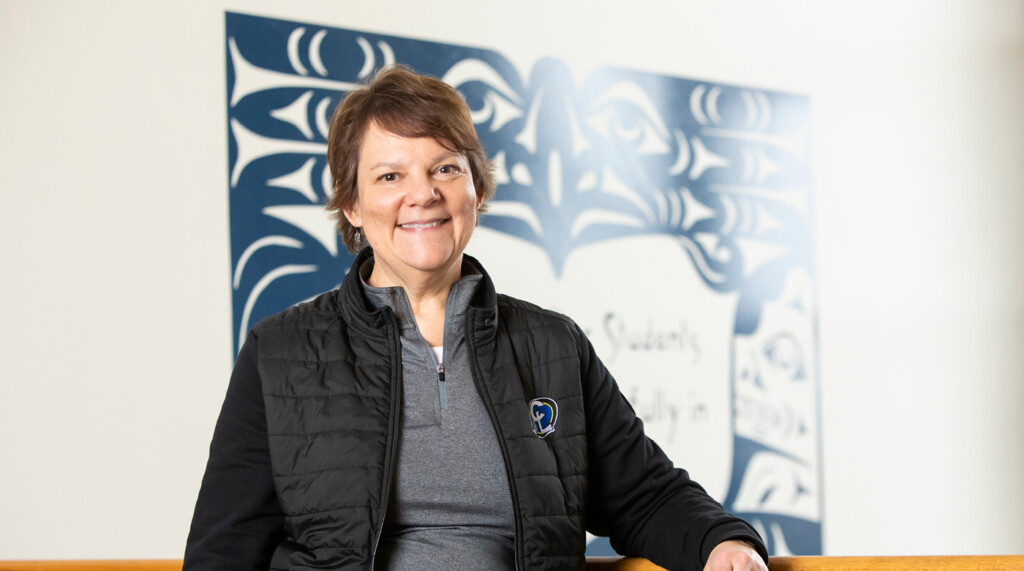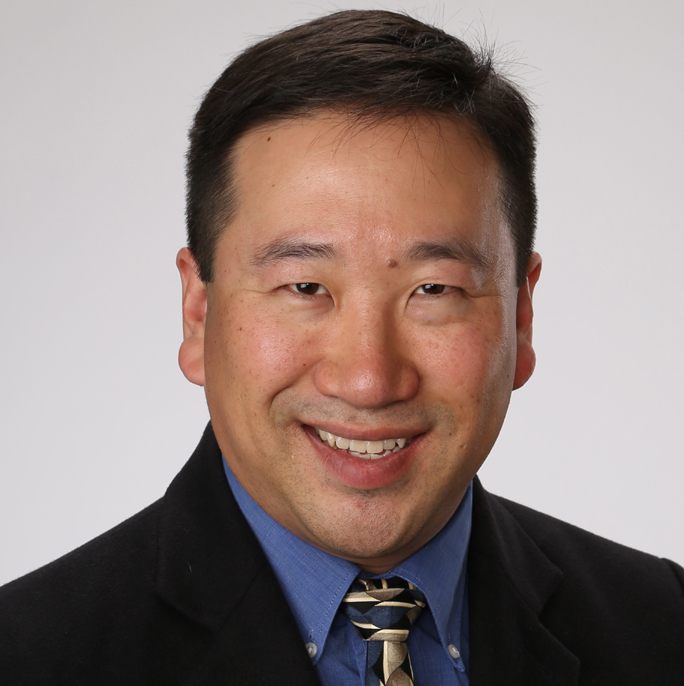Page 48 • (2,270 results in 0.053 seconds)
-
themselves do not become involved or we as a community do not become involved with decision making, somebody else makes the laws and you are left out,” Franklin said. Franklin’s activity in public service only continued. In 1990, after years of volunteer and community work, Franklin decided to run for the state Legislature. With strong encouragement from her friends, Franklin began a successful grassroots campaign. “Because I had volunteered and I had worked and I knew the district, I said ‘well if I am
-

-Law Religion I chose to study history at PLU because of the community feeling and support that PLU provides academically. Unknowingly, my first history class was with the chair of the department, Gina Hames and being able to form that connection early on has been essential to my success. Also, the staff are extremely dedicated to making sure you succeed, your academic excellence is their top priority! — Fulton B. ‘24 Did you know? Interested in learning history where it actually happened? PLU
-
Academic Integrity Alcoholic Beverages Behavior of Guests Building Security Computer and Network Use Concern for Self and Others Confiscation of Possessions Disruption of University Community Equal Educational Opportunity Equipment Misuse False Information Fire Safety Firearms, Explosives, or Weapons Freedom of Expression Gambling Guests On-Campus and at PLU Events Hazing Identification Card Illegal Drugs Immunization Policy Neighbor Relations Noise Non-Cooperation Pets on-Campus Physical
-
treatment is undoubtedly informed by a context where the concept of hysteria was very much in the zeitgeist. The word has more immediate relevance in history as well as other dialectic afterlives in current discourse, too. You need only look at the history of weaponized “hysteria” diagnosis up into the 1960s or the more modern trope of the “crazy ex-girlfriend” which is often in actuality a woman who is retaliating against male abuse only to be castigated for an account of male behavior that the man
-
decision-making and who may be unable to fully understand the risks of research. Research may involve decisionally-impaired individuals only if it offers a direct benefit to the individual participant or to the participant’s class or condition. If the participants are not capable of giving consent for themselves, it must be obtained from their legal guardians. In that case oral assent from the subject must be obtained. Research involving decisionally-impaired individuals may be expedited if it is
-

turns out, that was the goal of the exercise. She learned that when making decisions that impact a lot of people, it’s best to make your own decision and not just blindly follow a formula. It’s a lesson that’s served her well over the years. Nelson joined Chief Leschi as director of career and technical education (CTE) in 2020. The CTE program was new, and she worked hard to get it established and funded. “CTE focuses on hands-on applied learning,” Nelson says. “It gives kids a real connection to
-
a social worker and contribute to the growth of the profession. The student’s participation in classes and in the program enhances the learning and growth of their colleagues. Awards Nomination Process Students can self-nominate, nominate a peer, or be nominated by a faculty or staff member. A departmental awards committee will review applications and render a decision based on criteria established for the award. Award for Outstanding Performance in Undergraduate Practicum Placement This award
-

Joseph Ho, MD, PhD Lecturer Email: jth@plu.edu Professional Biography Education PhD, Neurobiology and Behavior, University of Washington MD, University of Washington BS, Cell and Molecular Biology , University of Washington BS, Chemistry, University of Washington Areas of Emphasis or Expertise Neurosurgery Biography Dr. Ho retired from clinical practice as a cerebrovascular and endovascular neurosurgeon after building a successful stroke program at a local hospital system. He gives back to his
Contact InformationArea of Emphasis/Expertise -
: Deviance An examination of social norms and the deviation of social norms. We explore power structures that determine what behavior is normative and deviant, the implications for individuals who deviate from norms, and social control structure in place to reinforce conformity. Prerequisite: SOCI 101, CRIM 102, or consent of instructor. (4) SOCI 378 : Consumption An examination of the relationship between goods, individuals, and society. The course deconstructs the social bases of consumption to better
-
psychology. Often, anthropological research is multidisciplinary, with specialized divisions including paleoethnobotany, taphonomy and forensics. In the United states the study of anthropology is sub-divided into four major areas of specialization: cultural, archaeological, linguistic and biological anthropology. Cultural Anthropology (Ethnology) studies living human cultures in order to create a cross-cultural understanding of human behavior – distinguished by field-research conducted via participant
Do you have any feedback for us? If so, feel free to use our Feedback Form.


